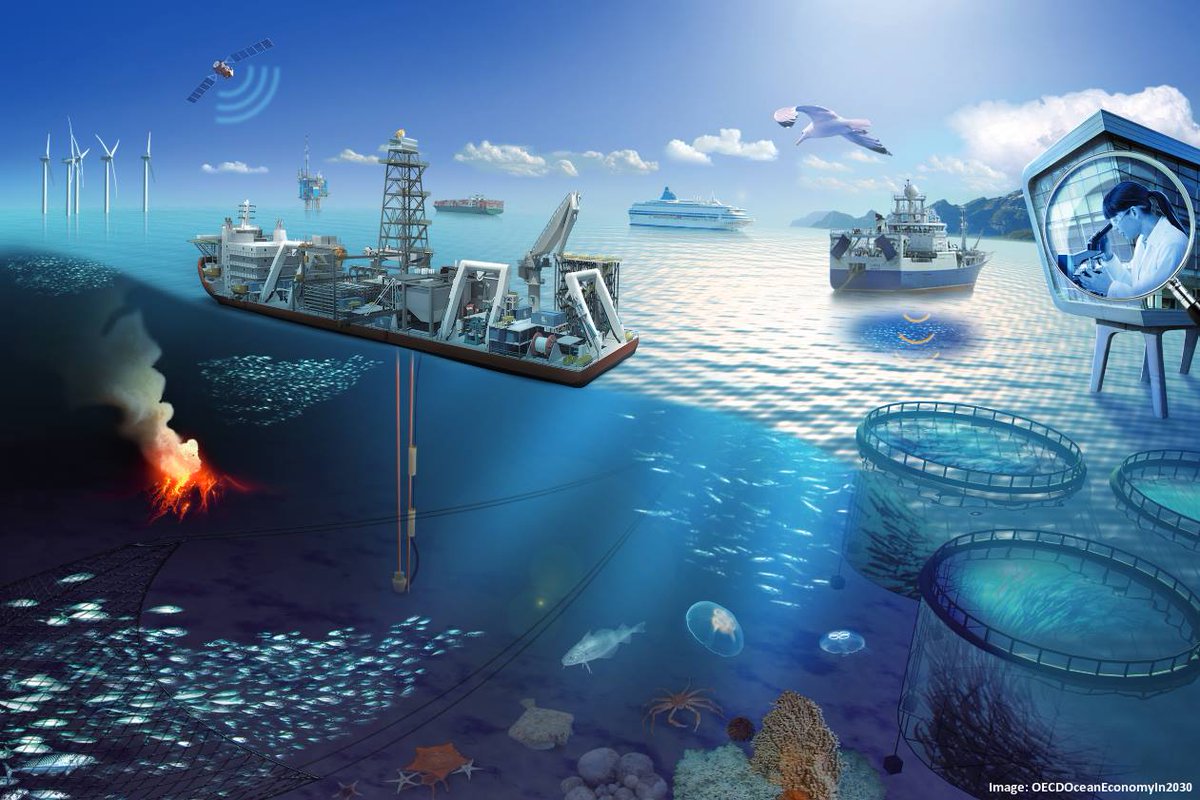The Ports Authority has developed a port emissions inventory aimed at tracking and reducing greenhouse gas emissions from the country’s port activities.
He mentioned that this would serve as a comprehensive tool to measure and monitor emissions from various port-related activities, such as vessels at berth, cargo-handling equipment, and port service vehicles.
The Managing Director of the NPA, Abubakar Dantsoho, addressed the initiative during the 2024 World Maritime Day in Lagos, themed “Navigating the Future: Safety First.” He was represented by Ibrahim Umar, the Executive Director of Engineering and Technical Services.
Dantsoho cautioned that the increasing international maritime trade, responsible for approximately three percent of global greenhouse gas emissions, poses environmental and economic threats to Nigeria if left unchecked. He explained that climate change, driven by these emissions, presents significant risks, such as rising sea levels and extreme weather, which jeopardize Nigeria’s coastal and port infrastructure as well as nearby communities.
“To tackle these environmental challenges in maritime operations, the NPA will establish a comprehensive Port Emissions Inventory, aimed at tracking and minimizing greenhouse gas emissions across Nigeria’s port activities,” he noted.
Dantsoho further emphasized that safety encompasses not only protecting lives and property but also preserving the environment for future generations.
“In navigating the future of maritime trade, we must integrate safety into how we manage port operations, reduce emissions, and adopt sustainable practices,” he added.
The NPA Managing Director highlighted that a secure, clean, and efficient port system is essential for maintaining the safety and integrity of maritime operations. He affirmed the agency’s commitment to this vision.
He elaborated that the emissions inventory would enable the NPA to identify the sources of greenhouse gas emissions and formulate targeted strategies to reduce them. He also stressed the importance of adhering to international environmental standards.
As part of its broader environmental strategy, Dantsoho stated that the NPA plans to upgrade port reception facilities to ensure the safe disposal of waste generated by ships, which is crucial for preventing marine pollution. These facilities will be expanded to accommodate the growing maritime traffic.
Dantsoho also highlighted the adoption of smart port technologies, which are expected to improve operational efficiency, reduce delays, and mitigate environmental damage caused by port congestion.
In collaboration with shipping companies, the NPA is promoting “slow-steaming” practices, where ships reduce their speed to lower fuel consumption and emissions.
He emphasized the need for collective action to tackle both safety and environmental issues, calling on shipping lines, port operators, government agencies, and the private sector to work together in creating a safer and cleaner maritime industry.
“The NPA is dedicated to leading the way in navigating the future with safety and sustainability as our guiding principles,” Dantsoho concluded. “Together, we can ensure that Nigeria’s ports and maritime operations continue to thrive sustainably and securely for future generations.”










